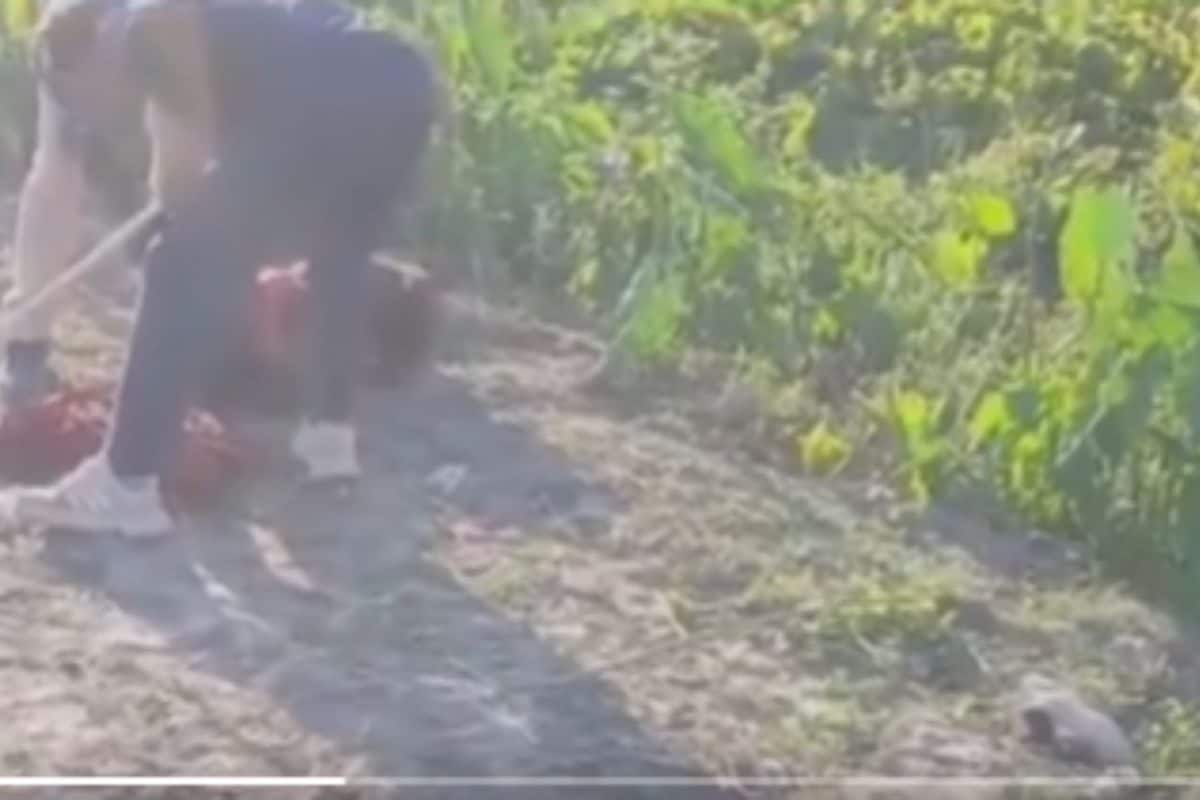

Based on current information, I am unable to find any recent news reports specifically detailing an incident in Purnea, Bihar, where five family members were lynched and burnt over witchcraft allegations. However, I can provide context on similar incidents and the broader issue of witch-hunting in Bihar.
Unfortunately, accusations of witchcraft and related violence, particularly against women, remain a persistent problem in certain parts of India, including Bihar. These accusations often stem from superstition, ignorance, and a desire to find a scapegoat for misfortune or illness within a community. In some cases, it's also linked to caste dynamics and patriarchal structures.
In January 2024, for example, a woman in Rohtas district, Bihar, was lynched after being accused of witchcraft following the discovery of a missing boy's body near her home. The mob reportedly attacked her, dragged her out of her house, beat her to death, and set her house on fire. This tragic event underscores the ongoing vulnerability of women in rural areas to such accusations and violence.
In 2018, a tribal woman was beaten to death in Purnea on suspicion of practicing witchcraft. In 2017, a Dalit woman from Purnea was burned alive by her neighbors who suspected her of practicing witchcraft.
Bihar was the first state in India to enact legislation against witch-hunting, with the Prevention of Witch (Daain) Practices Act in 1999. This law aims to prevent the torture, humiliation, and killing of individuals accused of witchcraft. However, despite this legal framework, the practice continues, indicating challenges in enforcement and a need for greater awareness and education to combat deeply rooted superstitions.
These incidents highlight the urgent need for social reform, education, and stricter law enforcement to protect vulnerable populations from such brutal acts of violence fueled by superstition and prejudice.